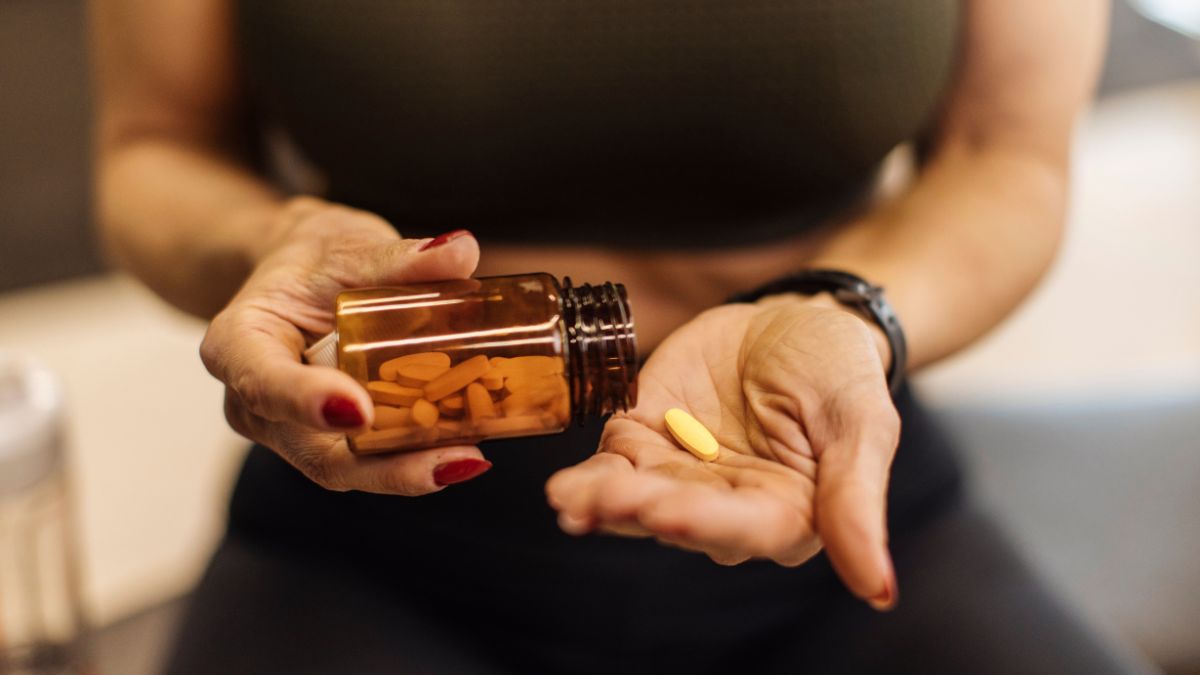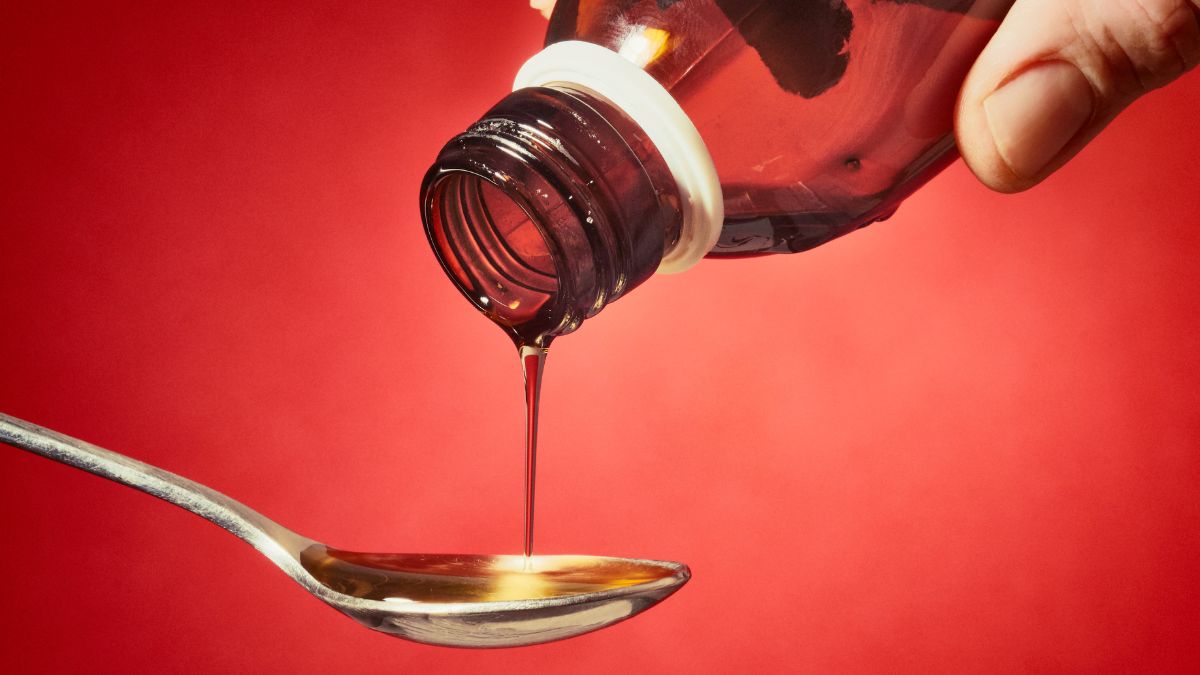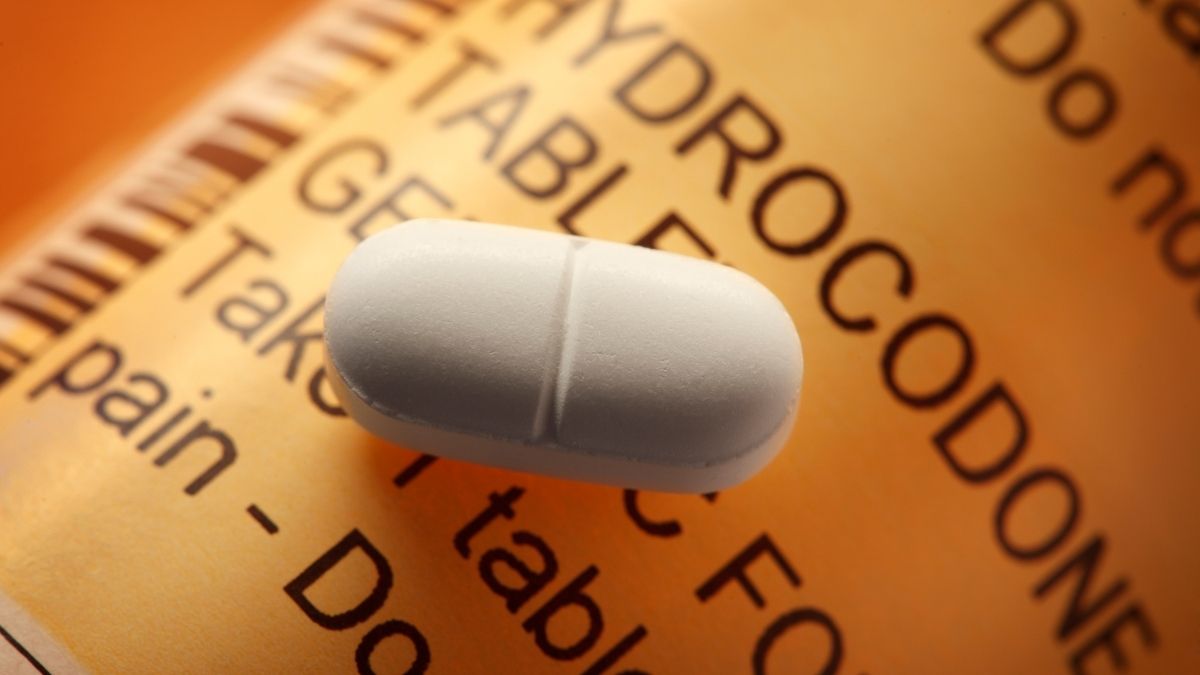Marijuana stands out as one of the most frequently used drugs among teenagers and young adults. Despite the increasing acceptance of cannabis for recreational and medicinal purposes, the tangible effects persist. Given its widespread popularity and easy accessibility, a critical examination of marijuana’s effects becomes imperative. Unraveling the consequences of marijuana use, even in the short term, is essential for individuals to make informed decisions about its consumption.
Also, read: Marijuana Addiction: Is Weed Addictive?
Short-Term Effects
Marijuana can produce immediate effects, especially when smoked. Here are the short-term effects of using cannabis:
Pleasant euphoria
Most people experience a sense of happiness and relaxation after using marijuana.
Temporary memory loss
Marijuana’s components, such as Tetrahydrocannabinol (THC) alters the chemicals in the brain and can result in poor memory.
Call Design for Recovery to Begin Your Healing Journey!
Reach out to our team to discuss sober living options and next steps toward a healthier routine.
Lack of coordination
Motor skills can be affected by taking cannabis. The individual may have a slow reaction time and impaired coordination.
Sense of relaxation
Marijuana has calming effects and, if taken in high dosages, can result in sedation.
Heightened sensory perception (e.g., brighter colors)
Cannabis can alter brain function and may heighten the senses, like seeing brighter colors.
Altered perception of time
When using cannabis, one’s perception of time may slow down relative to the real number of hours that have passed.
Contact Design for Recovery Today!
Fill out our quick form to connect with a peer mentor and learn how our sober living community supports accountability, structure, and personal growth in recovery.
Increased appetite
Marijuana use has been known to cause the “munchies,” or an increased appetite.
Changes in mood
The chemicals in cannabis may make you feel anxious, relaxed, or paranoid.
Bloodshot eyes
Using marijuana can cause your blood vessels to dilate, which results in bloodshot eyes.
Increased heart rate
Your heart rate may increase when using weed. In some cases, it can lead to palpitations.
Also, Read: Synthetic vs. Natural Marijuana
Short Term Effects of Marijuana on Brain
The primary psychoactive compound in marijuana, Tetrahydrocannabinol (THC), interacts with the body’s cannabinoid system, disrupting the chemical processes in the brain and leading to overactivation. Consequently, this overstimulation results in slowed responses, compromised memory, and impaired motor control.
Teenagers possessing underdeveloped brains face an increased risk of adverse effects from marijuana use. The potential for experiencing hallucinations or paranoia is elevated due to the incomplete development of specific brain regions in adolescents. When THC binds to brain receptors and excessively stimulates them, the repercussions can be more pronounced and impactful, given the ongoing developmental processes in the young brain.
Fortunately, the short-term effects on the brain associated with cannabis use typically subside upon discontinuation. It’s important to note that marijuana does not pose life-threatening effects once an individual withdraws from using it.
Also, Read: Synthetic Marijuana Withdrawal Symptoms
Smoking Marijuana vs. Consuming Marijuana in Food or Drinks
The most prevalent method of marijuana consumption is through smoking, utilizing joints, blunts, water bongs, or vapes. However, there has been a recent surge in the popularity of edibles, incorporating marijuana into various food products.
Individuals must recognize a distinctive difference between ingesting and inhaling, and while ingesting may offer a more discreet approach, it also carries more significant risks. Here are some noteworthy differences to be aware of:
- Smoking marijuana produces immediate effects as the vapor when inhaled, swiftly enters the bloodstream and reaches the brain.
- Ingesting marijuana through food products may not yield immediate effects, as these products travel the digestive system and bloodstream and then finally reach the brain.
- The immediate effects of inhaling marijuana manifest within a few minutes, whereas ingesting may take between 30 minutes and one hour.
- The effects of smoking weed can be experienced for a duration of 1 to 3 hours, while ingesting may extend over a longer period.
- Consuming edibles can lead to more prolonged and potentially adverse effects.
- Due to the delayed onset of effects of ingesting edibles, there is a risk of overconsumption, which can be more hazardous and detrimental in the long run.
- Short-Term Effects
- Pleasant euphoria
- Temporary memory loss
- Lack of coordination
- Sense of relaxation
- Heightened sensory perception (e.g., brighter colors)
- Altered perception of time
- Increased appetite
- Changes in mood
- Bloodshot eyes
- Increased heart rate
- Short Term Effects of Marijuana on Brain
- Smoking Marijuana vs. Consuming Marijuana in Food or Drinks
Begin Lasting Sobriety Now!
Frequently Asked Questions
Several factors influence the duration of short-term effects of marijuana in the system:
Method of Consumption:
- Smoking: Immediate effects can commence within a few minutes and last up to 3 hours, contingent on the dose.
- Edibles: Onset may take around 30 minutes, with effects lasting for a few hours.
- Vaping: Quick onset with effects persisting for a few hours.
Dosage:
- Smoking: 2 to 3 puffs can be sufficient to feel euphoric effects.
- Edibles: Typically contain 10–15 mg of THC.
Metabolism:
- Body metabolism plays a role; a faster metabolism may result in a shorter duration of effects.
It’s noteworthy that even after the short-term effects subside, marijuana can still be detectable in urine or blood for several days.
The duration of a typical high from marijuana varies based on the method of consumption. Smoking provides immediate effects, often starting within a few minutes and lasting up to 3 hours, depending on the dose.
On the other hand, edibles exhibit a delayed onset, typically taking around 30 minutes for effects to kick in, but the duration can last for a few hours.
Vaping, similar to smoking, offers a quick onset of effects with a duration that persists for a few hours. Each method presents distinct characteristics in the way the active compounds interact with the body, influencing the timing and duration of the marijuana high.
Marijuana is considered as an addictive substance. This occurs when an individual frequently uses the drug with an increased dose. Over time, a person dependent on weed may need a higher dosage to continue feeling its effects. When a person is dependent on the drug, they may experience mood swings, irritability, and sleep problems when they’re not taking it.
A marijuana overdose is often rare, and the effects may not be as life-threatening as overdosing on opioids or other drugs. However, if you suspect someone is overdosing on cannabis, here are some steps you need to take:
- Stay calm and monitor the person’s vital signs.
- Help the person get hydrated but keep them from drinking too much water.
- Get them rested in a safe place. Sleep can help them recover.
- If signs of overdose are visible, such as increased heart rate, shaking, paranoia, nausea, and vomiting, call the poison control line at 1-800-222-1222. Dial 9-1-1 in case of emergency.
- https://www.cdc.gov/cannabis/faq/
- National Institute on Drug Abuse. (2020, July). Cannabis (Marijuana) Research Report: Is marijuana addictive
- Ramesh, D. (2015, August 24). Marijuana’s Dose-Dependent Effects in Daily Marijuana Smokers. National Library of Medicine. https://www.ncbi.nlm.nih.gov/pmc/articles/PMC4547548/
- Barrus, D. G. (2017, January 24). Tasty THC: Promises and Challenges of Cannabis Edibles. National Library of Medicine. https://www.ncbi.nlm.nih.gov/pmc/articles/PMC5260817/
- Jacobus, J. (2015, January 1). Effects of Cannabis on the Adolescent Brain. National Library of Medicine. https://www.ncbi.nlm.nih.gov/pmc/articles/PMC3930618/
- National Institute on Drug Abuse. (2019, December). Cannabis (Marijuana) DrugFacts. https://nida.nih.gov/publications/drugfacts/cannabis-marijuana
- https://www.cdc.gov/cannabis/faq/index.html







Written By
David Beasley